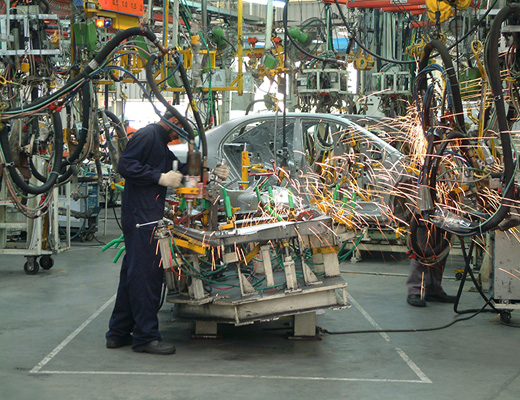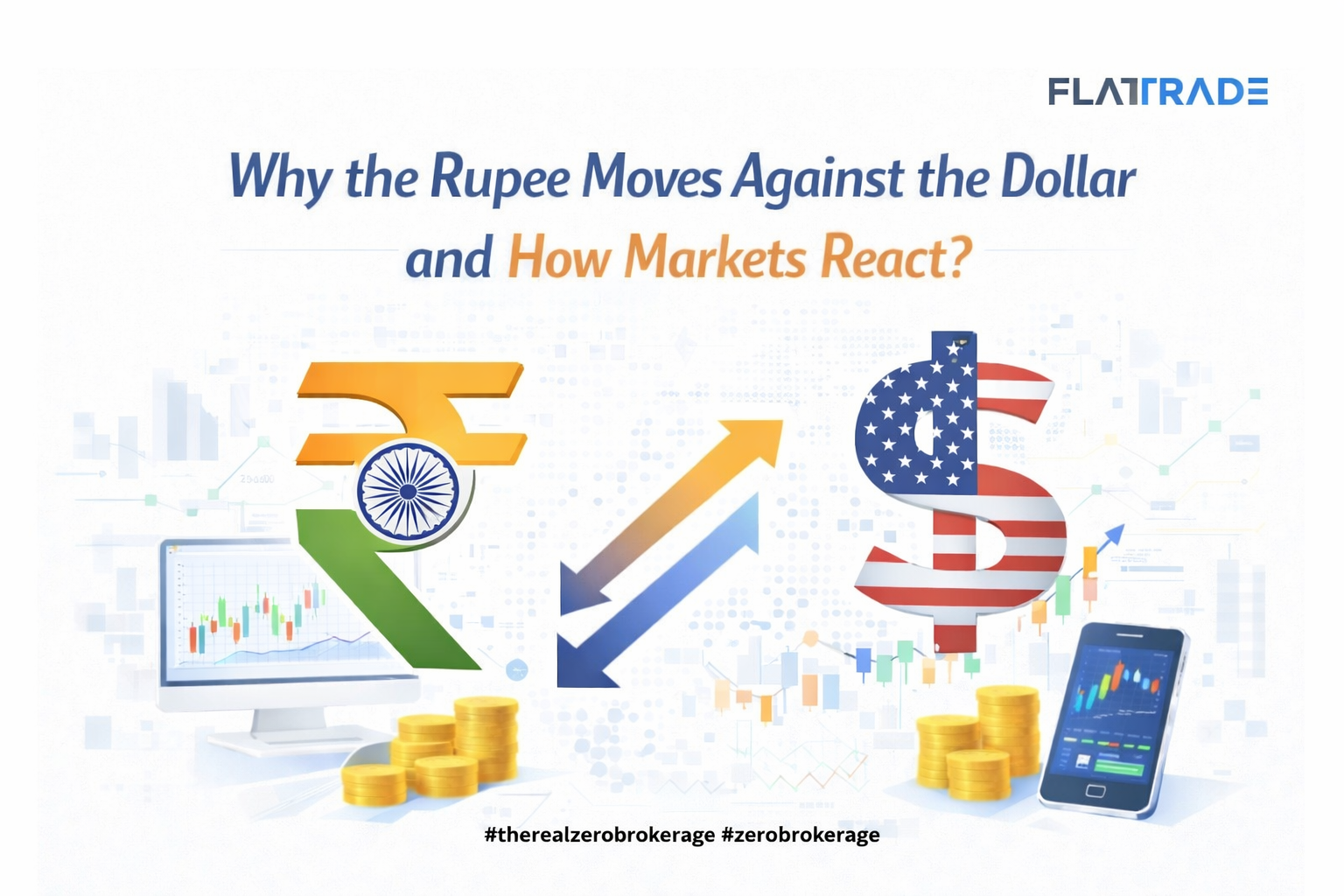India’s business conditions improved in March, even though factory orders and production grew at a slower pace. S&P Global’s data showed renewed decline in new export orders.
The S&P Global India Manufacturing Purchasing Managers’ Index (PMI) fell to 54 in March from 54.9 in February amid inflation concerns weighing on overall business confidence, which fell to its lowest level in two years.
“Manufacturing sector growth fell towards the end of FY22, with companies reporting softer expansions in new orders and production,” said Pollyanna De Lima, Economics Associate Director at S&P Global.
She added that the slowdown was accompanied by higher inflationary pressures, although the rate of increase in input costs remained below those seen at the end of 2021.
She pointed out that goods producers signalled higher prices paid for chemicals, energy, fabric, foodstuff and metals, despite supplier performance worsening to the least extent in almost a year. The report said that producers transferred rising cost burdens to clients, with charge inflation at a five-month high.
Although, goods manufacturers indicated that new orders continued to increase in March, the rate of expansion eased to a six-month low. Meanwhile, survey participants said growth was witnessed helped by successful marketing efforts and improved demand conditions.
The report showed a broad stabilisation in headcounts across the manufacturing industry, after three continuous months of job shedding.
Pre-production inventories continued to rise in March, marking a nine-month sequence of accumulation. The increase was quicker than that seen in February.
On the other hand, there was another decline in holdings of finished goods, which companies associated with the fulfilment of orders from stocks.







